Discover The Nietzsche Podcast
The Nietzsche Podcast

The Nietzsche Podcast
Author: Untimely Reflections
Subscribed: 519Played: 17,331Subscribe
Share
© Untimely Reflections
Description
A podcast about Nietzsche's ideas, his influences, and those he influenced. Philosophy and cultural commentary through a Nietzschean lens.
Support the show at Patreon: https://www.patreon.com/untimelyreflections
A few collected essays and thoughts: https://untimely-reflections.blogspot.com/
Support the show at Patreon: https://www.patreon.com/untimelyreflections
A few collected essays and thoughts: https://untimely-reflections.blogspot.com/
244 Episodes
Reverse
CONTRIBUTORS:Andrei Georgescu (Artexius)Website: https://andreigeorgescu.ca/WeltgeistCraig (Acid Horizon/Lepht Hand)Website: https://www.acidhorizonpodcast.com SIGN UP FOR MY CLASS ON NIETZSCHE (Limited Seating): https://www.acidhorizonpodcast.com/2026-classes/p/nietzsches-experiment-with-truthKarl NordNeil (Gnostic Informant)PF Jung Tony (1Dime)VivienneMynaa Miesnowan
Introducing "dao" as a concept in Chinese philosophy. We'll explore the the social & historical context of the Spring and Autumn period. We'll follow A.C. Graham's assertion that the basic question of Chinese philosophy is "where is the way?", and consider the answers given by Confucius, Laozi, Mencius & XunziSources: Wing Tsit Chan - A Sourcebook in Chinese PhilosophyA.C. Graham - Disputers of the TaoRobin Wang - Yin Yang: The Way of Heaven and Earth in Chinese Thought and CultureGe Ling Shang - Liberation as Affirmation: The Religiosity of Zhuangzi and NietzscheHolmes Welch - Taoism: The Parting of the Way
Goethe's novel, The Sorrows of Young Werther, was Napoleon Bonaparte's favorite novel. In recent years it has become the subject of memes, and the "sensitive young man" archetype. How are we to understand this puzzling development? What is the connection between the Caesarist strongman and the hopeless lover? In this episode, we'll consider the historical background of the work: its inspiration in the story of Karl Wilhelm Jerusalem, the "fever" that swept Europe following its publication, and its controversies. We'll analyze the novel and try to understand Goethe's character as something more than simply a victim of unrequited love. And we'll consider Napoleon's meeting with Goethe and their conversation about the story, as well as some of Goethe's comments about it in conversations with Eckermann.
The first of a series of lectures examining Turchin's work in Ages of Discord, a structural-demographic analysis of American history.Topics in this episode- Imperiopathosis: the current situation, its underlying dynamics- Basics of secular cycles- Population-elites-state as fundamental factors- Political Stress Index (PSI) = Mass Mobilization Potential x Elite Mobilization Potential x State Fiscal Distress- Symptoms of political instability- Examining symptoms in a past "age of discord": The Gilded Age - The Violent Teens-Examining symptoms in our own "age of discord": The Turbulent 2020s
Weltgeist's Channel: https://www.youtube.com/@WeltgeistYTIn Untimely Reflections #39, we discuss Schopenhauer's view of history, love of fate, and the meaning of life.
My review of Kaag's book about Nietzsche, the Swiss Alps, and the many other philosophers who have spent time in Sils Maria. Overall a good experience, but more of a beginner read. John Kaag provides a relatively faithful analysis of Nietzsche's philosophy in his book, which will not contain many new insights for the advanced Nietzsche reader. There are some interesting parallels he provides between thinkers, however, and some more obscure anecdotes from Nietzsche's life discussed. The work is primarily valuable as a character study of John Kaag himself, as a man who wishes to live dangerously, while married to a Kantian modern world.
The Will to Joy podcast: https://open.spotify.com/show/0iWF6YMMEriFZ0cE0xhnFN?si=e7ee705bb1814f89Jimmy's linktree: https://linktr.ee/willtojoyJimmy Burke just gave a presentation this past September at the Nietzschean Society, which met this year in Belfast. We discussed his lecture, entitled, "An Economy of Bodies", as well as his work in evidence-based behavior change. According to Burke, Nietzsche's insights have proven incredibly valuable in this field, and by drawing on Nietzsche's conceptions of drive, we can improve our chances in making transformative life changes. At the end of the episode we discussed his expansive, ontological view of will to power. Great conversation! I really enjoyed this one.
Our series on Pierre Klossowski concludes with a look at some of the later chapters concerning Nietzsche's state of mind leading up to his breakdown in Turin, what Nietzsche's juvenalia reveals about him, and what insights we can glean from his family history. Above all, in this episode, I wanted to reverse our focus, and instead of understanding Nietzsche's valetudinary states as a window into his philosophy, here we will consider how Nietzsche's philosophy is a window into his madness.
"Time is a flat circle." This famous quote from the series immediately calls to mind Nietzsche's Eternal Return, but it's an unusual connection to say the least, because it isn't clear that we have a "Nietzschean" plot in True Detective, nor are any of the characters of the show Nietzschean. So, what then is the philosophical content of the show? In this video, I analyze Rust, Marty & the beliefs of the cult of the Yellow King.
The Rectification of Names is a Confucian reinterpretation of the function of language. Confucius is usually portrayed as a stuffy moralist, but there is an intriguing notion implicit in his use of language that borders on the postmodern. Confucius does not merely give definitions of things, but seizes for the philosopher the power to redefine names according to a moral end. Michael Puett, The Path (Talks at Google): https://www.youtube.com/watch?v=MfnSTr6-1g4Hans Georg Moeller's Channel: https://www.youtube.com/@carefreewandering
Under the sign of the Vicious Circle, Nietzsche attempts to inaugurate a conspiracy. But how can this view of the Eternal Return - as part of his project of the revaluation - square with the "high tonality of the soul" in which it was first revealed? Pierre Klossowski argues, convincingly, that the Eternal Return makes all meaning and goal into an absurdity, offering a picture of a world in which nothing can be completed, and everything that is accomplished must be re-accomplished. Nietzsche's later use of the Eternal Return in order to fight gregarious values and win a victory on the side of the healthy impulses can only be a conscious deception. Following the "prejudices of his sentiments", Nietzsche forgets the inherent goallessness demanded by the Return, and seizes upon the powerful sign of the vicious circle, to pursue a great and arbitrary goal.
Welcome to season 6! Part I of III. In this first episode, we'll lay the groundwork for Klossowski's critical reading of Nietzsche, beginning with the material from the first two chapters. Klossowski applies Nietzsche's own methodology to Nietzsche's works, and reads his philosophy as a sign-language of impulses. The valetudinary states that dominated Nietzsche's life are reinterpreted in a radical way, with Klossowski's assertion that Nietzsche oftentimes saw thought as a source of suffering, and sided with the "attacks" of his body against the conscious, rational agent.
If you would like to have your own questions answered on The Nietzsche Podcast, no matter how unusual, niche, or rambling, then join the Patreon and participate in our regular Q&As that happen about twice per season. Season six starts next week!
The conclusion of the main books of The Gay Science! We'll cover some of the best aphorisms so far: the greatest weight, the dying Socrates, long live physics, and many more. Thus begins Zarathustra's down-going. Episode art: Nicholas Roerich - Zarathustra (1931)
More aphorisms concerning drives, the way that impulses appropriate thought for their own ends, "moral pluralism", means of finding happiness, pleasure and pain as means rather than ends, and experimentation as method.Episode art: The Two Crowns (1900) by Frank Dicksee
Continuing with our readthrough of The Gay Science, book number IV.
Embark, philosophers! Nietzsche hopes for the discovery of many new suns - many new suns - by the philosophical explorers of future ages. For what is needful is that man may learn to be satisfied with himself. Episode art: Fresh Breeze of Sandy Hook, 1860 by William Bradford
PF Jung's channel: https://www.youtube.com/@PFJungIf politics is in some sense determined by our psychological temperament, then from an evolutionary standpoint, perhaps there is social value to both the left and right wing perspectives. And yet, centrism remains a dirty word in online discourse, connoting a type of establishment position that favors the status quo. Pf Jung joins me to discuss his philosophy of "radical enlightened centrism", which opposes the status quo while drawing on ideas from both fringes. Also, a correction: at one point in the conversation I claim that Australia has a mandatory civil service, but this is actually incorrect. I got this confused because of a conversation I recalled between myself, an Australian and a German, in which we talked about mandatory civil service (which Germany has) and mandatory voting (which Australia has), but Australia does not have mandatory civil service.
Continuing with The Gay Science, and beginning with book IV, "Sanctus Januarius". Here, we encounter some of the most famous aphorisms: For the New Year, Preparatory Men ("Live Dangerously!") and Excelsior. Exciting times!Episode art: View of Genoa under the Snow - Eugenio Olivari (1882-1917)
The conclusion of our two-parter on Erich Heller, and the conclusion to season five! We discuss Nietzsche's friendship with Jacob Burckhardt, and how Burckhardt's view of history can inform our understanding of Nietzsche's divergence from him. We also consider Goethe's four ages of intellectual culture, and Nietzsche's echo of Goethe in his history of European nihilism, and how he comes to differ from Goethe, Schopenhauer and all his influences in his proclamations about history, in which the Overman shall transcend the cyclical, unchanging stagnation of human history by changing the nature of man himself. Finally, we consider what the hazard of modern poetry means for us in the present day, what each figure's answer to this divorce between symbol & real means, whether they succeeded or not, and what we can learn from them.


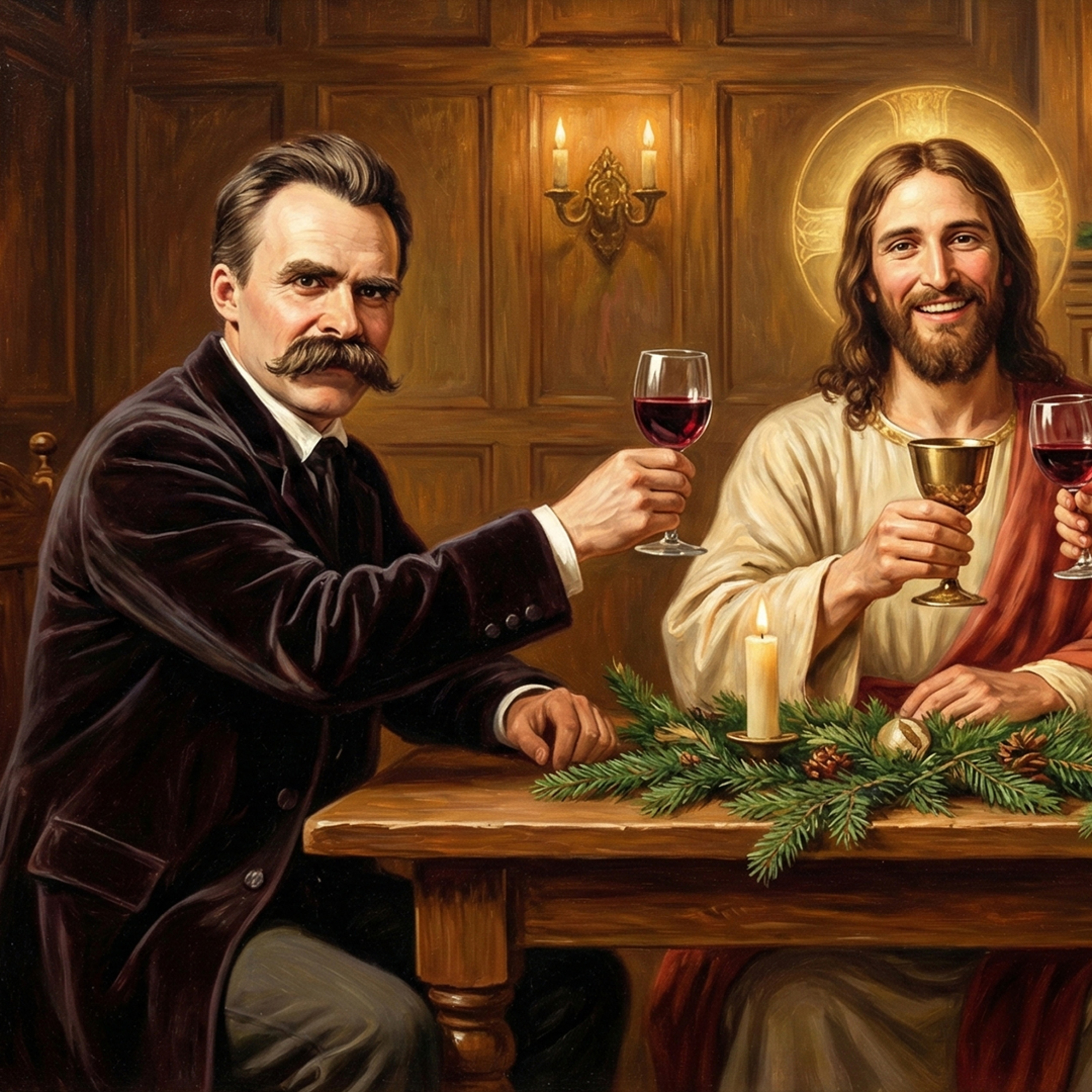
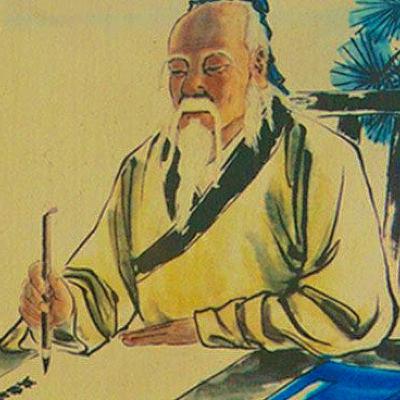

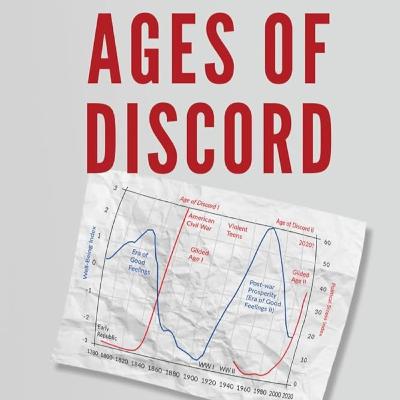
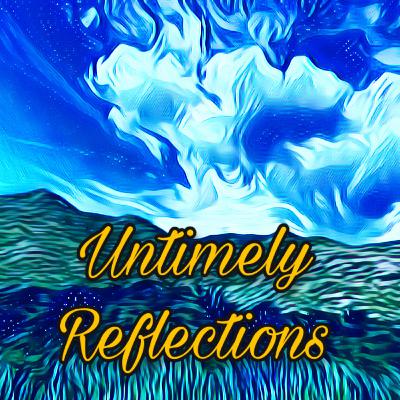


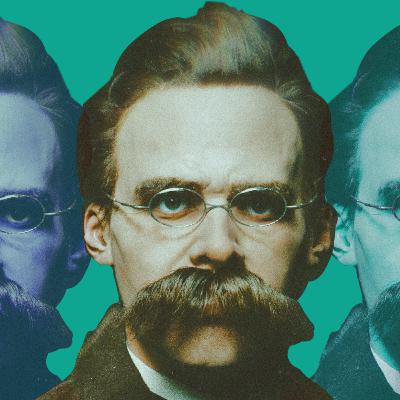
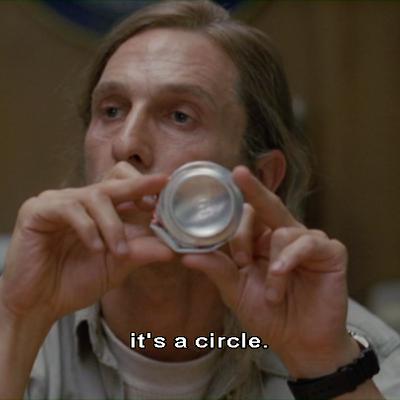

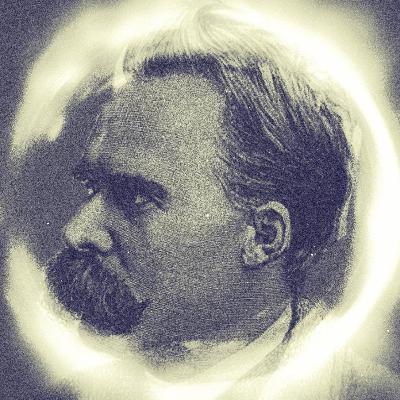
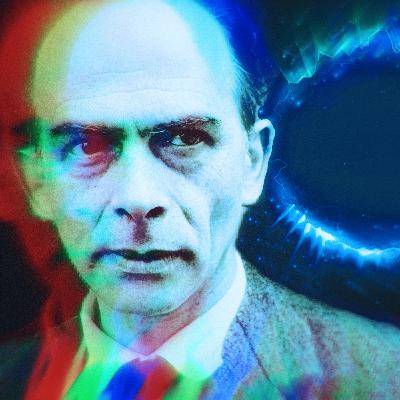

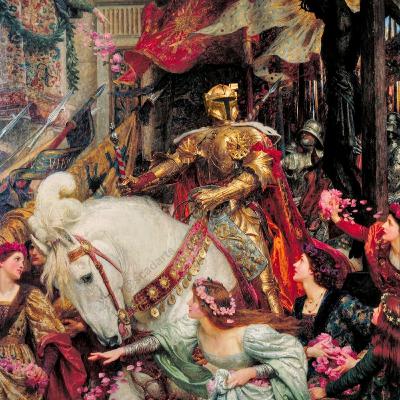
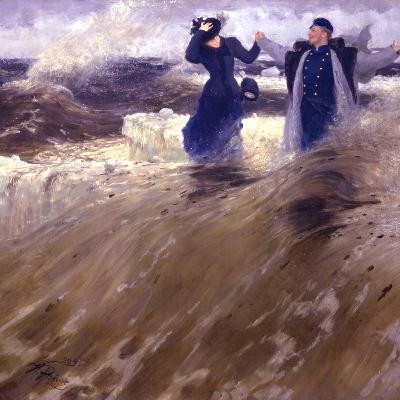
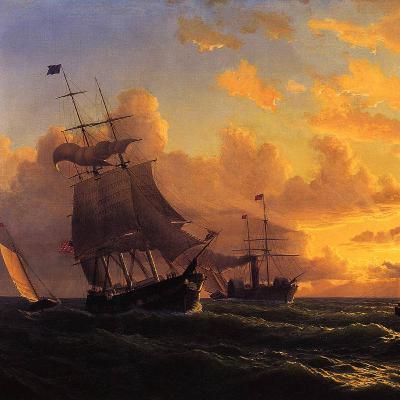

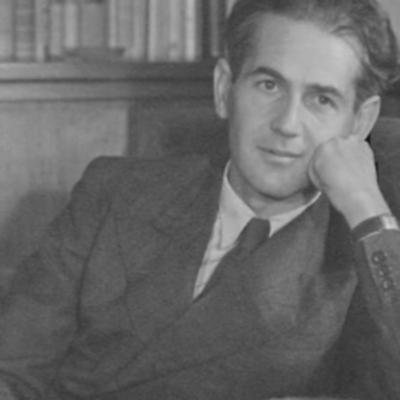



This about nietzche Buddhism is wild. Sorry but super idiotic. This was the first episode I played and unsubscribed already. The first Western philosopher to deeply dive into Eastern philosophy was Arthur Schopenhauer. Nietzsche started as his disciple, then spent his mature career attacking and overcoming Schopenhauer’s Eastern-inspired pessimism. Nietzsche once wrote that Schopenhauer was “my great teacher,” even though he defined himself against him. Me critique to you is that you are bias.
is there any service I can find the transcripts for this podcast?
very informative ! thank you !